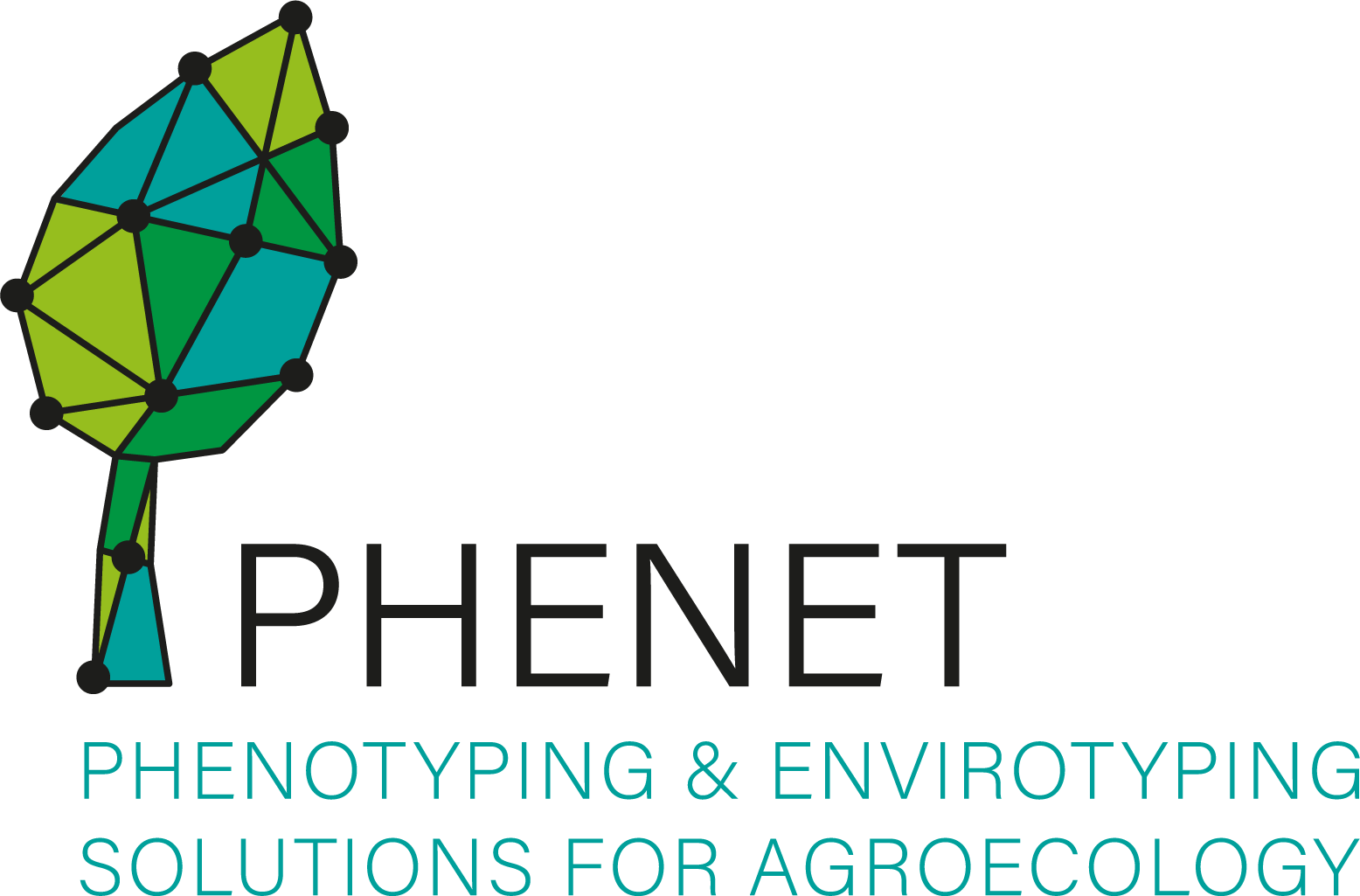ALL-Ready – The European Agroecology Living Lab and Research Infrastructure Network: preparation phase
The ALL-Ready Pilot Network: Inspiring Examples and Experiences of Agroecology Living Labs and research Infrastructures across Europe and Canada
THE ALL-READY PILOT NETWORK IN A NUTSHELL
The ALL-Ready pilot network is essentially a small-scale testbed to experiment, and to provide feedback on the various tools, concepts and recommendations developed in the ALL-Ready project. Moreover, it aims to build an international community through collaboration between the different agroecology LLs, RIs and OIAs across Europe, by co-creating and implementing joint network ctivities in line with their common interests on agroecology.
The network was officially launched in December 2021 with 15 members after a six-month selection and preparation process. Aiming for an open and dynamic network, four additional initiatives joined the network in November 2022, resulting in a total of 19 members. 11 members identify as LL, seven as RI and one (ACS) identifies as both a LL and RI.
A Danish funding programme, the Organic Research, Development and Demonstration Programme also joined the pilot network as an observer in order to learn from the members as they aim to fund and user-centered, LL-like research projects focusing on organic farming and food systems.
The membership of the network is truly diverse, representing all four European regions (Northern, Southern, Western, and Eastern Europe), with members from eight EU countries, the United Kingdom, Switzerland and Canada. The members also differ in terms of size and objective. Many have broad goals concerning agroecology, namely, to improve agronomic practices, agrotechnology across various agricultural sectors (arable farming, horticulture, etc.), while some have specific aims and focus on single areas such as the reduction of antimicrobials in animal husbandry or improving the uptake of digital tools in agroecology. Some of them are LLs certified by ENoLL, while the majority are open innovation structures representing national or territorial networks, LL-like projects, or experimental sites.
The members also differ regarding the geographic scope of their activities. Most RIs tend to have an international scope (ISF, LifeWatch ERIC, EMPHASIS), while there are some with a local (ZAPVS) or a regional focus (ReWet). Many member LLs operate on a national (PA4ALL, ÖMKi, IF, Carbonfarm, InoFA, ACS) or regional level (LLAEBIO, PFN Hessen, Guadalinfo). The members also represent diverse levels of experience, from beginners (fewer than one or two years) (Occitanum, Hessen) to mature two-five years) (LLAEBIO, InoFA, PA4ALL, ISF, LifeWatch-ERIC, ROADMAP, EMPHASIS) and to very experienced (more than five years) (ÖMKi, OasYs, ReWet, Biobase, ZAPVS, IF, Carbonfarm, FiBL, ACS).
Network members also differ from small to large-scale initiatives regarding the number of users they work with. In agroecology LLs, users are usually farmers, but may also be consumers or other takeholders in the agri-food value chain. In agroecology RIs, users are almost always researchers, and only occasionally farmers, advisors, or citizens. The majority of the members cooperate with small (below 50 users) (PA4ALL, LifeWatch-ERIC, OasYs, Carbonfarm, PFN Hessen, EMPHASIS) or medium cale (50 – 200 users) (LLAEBIO, ÖMKi, ROADMAP, Occitanum, Biobase, InoFA, FiBL, Guadalinfo) user communities and only a few of them have more than 200 users (ISF, ReWet, ZAPVS, IF).

The pilot network was also designed to allow real-life experimentation on the structuring and unctioning of the future European network of agroecology LLs and RIs based on co-creation and participatory methods, and the lessons learned can directly inform the setting up of the future network and the Agroecology Partnership.
This project has received funding from the European Union’s Horizon 2020 research and innovation programme under grant agreement No 101000349 (ALL-Ready).



